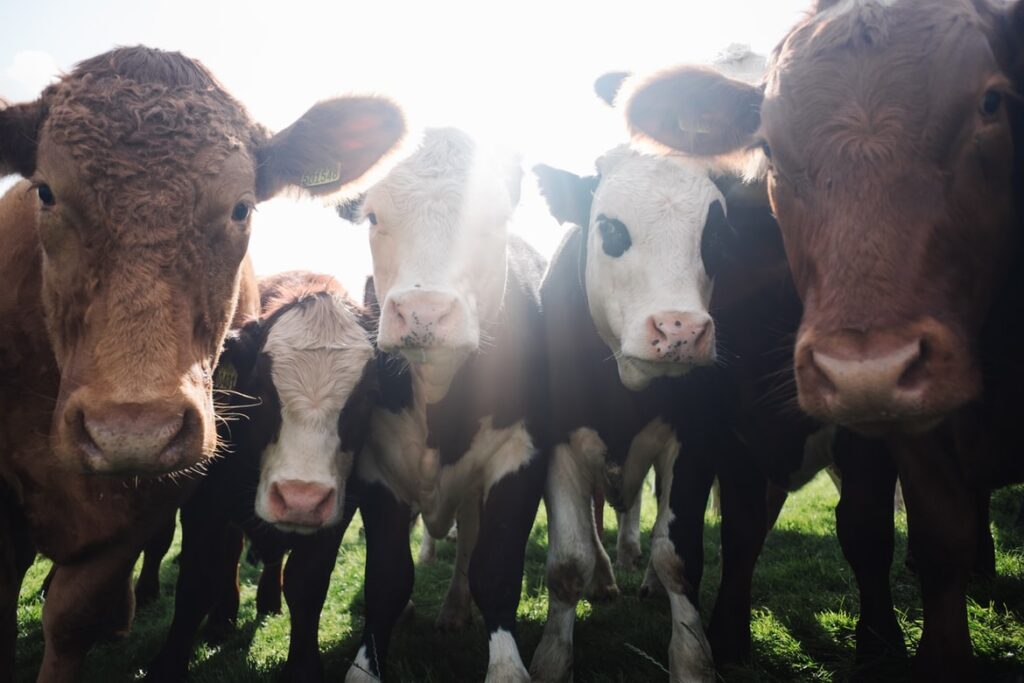Veganism originated primarily as a movement that protested against the hunting and abuse of animals. It was a turn that wanted to make the world a better and more humane place to live. Today, we are already talking about veganism as a way of life. It is not enough to just have an attitude, you must live it. Unlike vegetarianism, vegans eat absolutely nothing that contains any substance of animal origin.
So, there are no eggs, or milk in any form, and even honey is not consumed. Although veganism is most often associated with diet, it is much more than content than certain foods. Vegans do not wear garments that are made of or at least have elements of leather, they even don’t buy leather furniture. Vegans do not consume products that have been tested on animals. Their respect for our animal friends is absolute and uncompromising.

Although it sounds like a great idea, if you embark on this story, only then will it be clear to you how many products there are on the market and that they are connected to animals in one way or another. The temptations are enormous. With the improvement of technique and technology, we have many alternative products, such as artificial leather. Sometimes your diet just can’t tell the difference between real and artificial leather, which should reduce the use of natural leather to some extent.
However, these products are quite expensive and the process of their production takes a very long time. But that’s not the end. One man has made a revolution when it comes to a material that can match the appearance and quality of natural leather. In the vegan world, his name Asif Ali Gohar is well known, and his invention pushes boundaries.
That is why we will dedicate this text to a man whose name is certainly written in vegan history. Hoping that his life and work will inspire others, these are 10 Things to Know About Asif Ali Gohar and his Vegan Alternative to Leather
1. Asif Ali Gohar was born in 1992 in Karachi, it is a small place in Pakistan. He lived there long enough to learn the culture of his people, and with his intelligence, Asif separated himself very quickly from the other children.
2. At age 12 he came with his family to Hamburg, Germany. This was a big step for Asif and his family. However, they assimilated very quickly. They learned and accepted new ways of behaving and a new environment. It took Asif time to get used to this huge change, but he managed greatly for a 12-year-old child.
3. After only 3 years, Asif Ali Gohar makes a decision that will change his life forever. Asif turned vegan at age 15 because he doesn’t like that animals are killed for human food. The first steps in this new way of life were not easy at all, however, his love for animals inspired him to do what we are talking about today.
4. One event pushed Asif to realize his intention. In high school, he was given an unusual assignment. Namely, he was supposed to work on a project related to creating alternatives to natural leather. That encouraged him not to give up his path.
5. After successfully finishing high school, Asif enrolled at the University of Hamburg. Completely contrary to expectations, he studied business administration. Although he was an excellent student, the idea of creating 100% vegan “skin” never left him. Along with the knowledge in the field of business administration, Asif used the resources and knowledge of the University itself to start its struggle to make the world a more pleasant place to live. So, he acquires additional knowledge at the University and embarks on his revolutionary journey.
It is clear to you that after his studies, he was not interested in the office, so the administration was in a different plan.

6. Although s accustomed to and adapted to life in Germany, Asif is left with memories from his childhood rank, as well as some memories and customs from distant Pakistan. Just guided by the Pakistan tradition, he concluded his research that rice can be a 100% vegan skin substitute. Simply, thanks to his primary culture, he came up with an idea worth a million dollars.
Rice slime is the basic ingredient for the final product and its great discovery. He added acetic acid bacteria and yeast to the rice mucus. This combination leads to the rice mucus gradually turning into a solid turf, which is irresistibly reminiscent of skin in its texture.
7. As with any great invention, you still need an investor who will invest money so that the product can be placed on the market. Everyone knows that rice production is very sustainable. This product is therefore incredibly cheaper not only than natural leather but also than any of its alternatives known on the market so far. Not only have investors seen the potential in this, but the use of rice also seems like a great business move.
8. Pakistan is one of the world’s leading leather producers. Leather quality is considered to be excellent. In the previous year, Pakistan exports leather a value of $ 874 million, which amounts to 5.6% of the country’s GDP. That is 8.86% more than in the period 2019-20 when it amounted to 765.35 million dollars. However, as huge as these figures may seem to you, compare them with the data that in 2007-08, the export of leather from Pakistan amounted to 1.25 billion dollars.
9. That Asif is on the right track and that his idea can be applied primarily in his homeland, speaks of the fact that Pakistan is the world’s tenth-largest exporter of rice in the world. Pakistan has an 8% share of the global rice market. This tells us that his land will not graze because of this alternative to natural skin, but on the contrary: it will only be able to redirect funds to the growth of rice production.
10. As a somewhat clear sequence of events, Asif has no plans to start his own business anywhere other than Pakistan.

